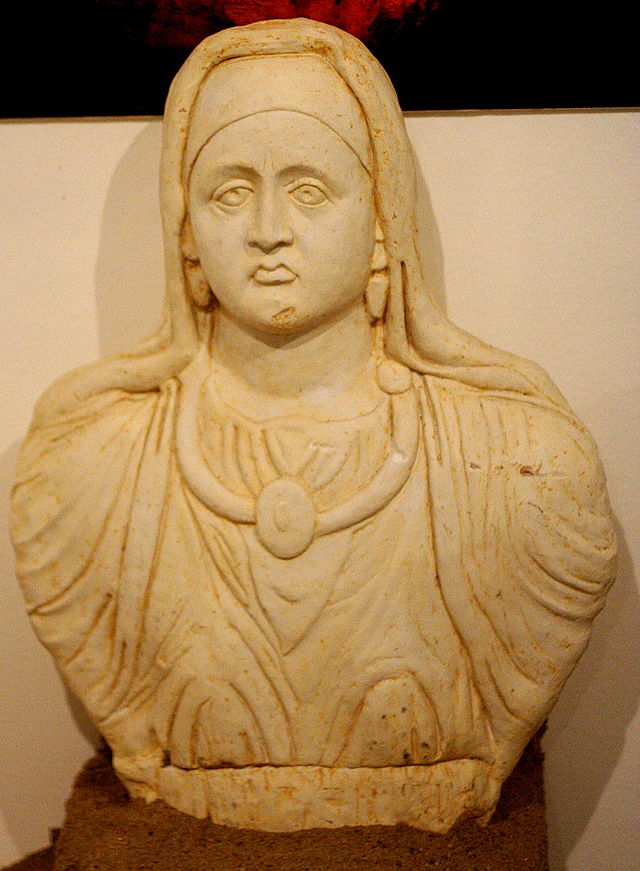Loading AI tools
From Wikipedia, the free encyclopedia
Dea Dardanica is an archaeological artifact found in Kosovo that represents an ancient deity associated with the Dardania region,[1] located in the central-western Balkans, which encompasses parts of modern Kosovo and western North Macedonia.[2]

Dea Dardanica holds significance within the historical and cultural context of the Dardania region. While the exact nature of her worship and beliefs surrounding her vary, she is generally understood to have been revered by the indigenous Dardanian people. Dea Dardanica is often associated with themes such as protection, fertility, and possibly solar symbolism, although the exact nature of her attributes remains subject to interpretation. Imagery found on archaeological artifacts offers clues to these associations.[3]
Our understanding of Dea Dardanica primarily comes from archaeological discoveries, including inscriptions and votive altars, scattered throughout the Dardania region. These artifacts provide valuable evidence of her cult and shed light on the religious practices of the ancient inhabitants. With the establishment of Roman rule in the Balkans, the worship of Dea Dardanica likely underwent changes as local traditions intersected with Roman religious practices. Inscriptions and votive monuments from this period provide insights into how indigenous beliefs were interpreted within the framework of Roman culture.[4]
Overall, Dea Dardanica represents an intriguing aspect of the cultural and religious landscape of the Balkans during antiquity, reflecting the interplay between local traditions and external influences such as Roman rule.[5]
Seamless Wikipedia browsing. On steroids.
Every time you click a link to Wikipedia, Wiktionary or Wikiquote in your browser's search results, it will show the modern Wikiwand interface.
Wikiwand extension is a five stars, simple, with minimum permission required to keep your browsing private, safe and transparent.